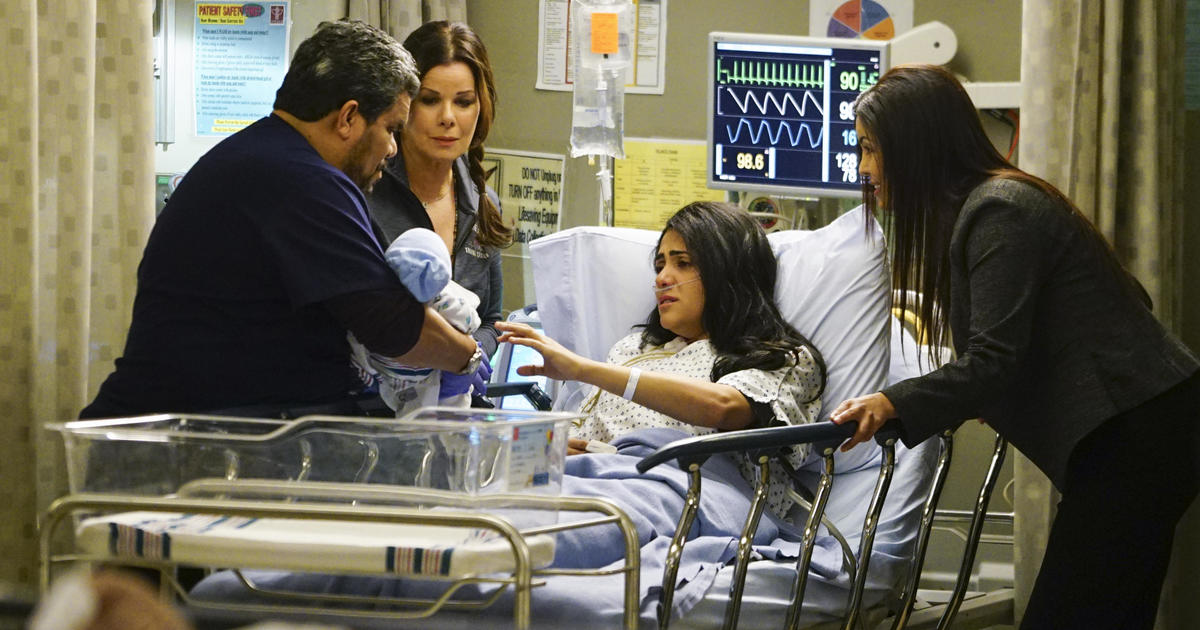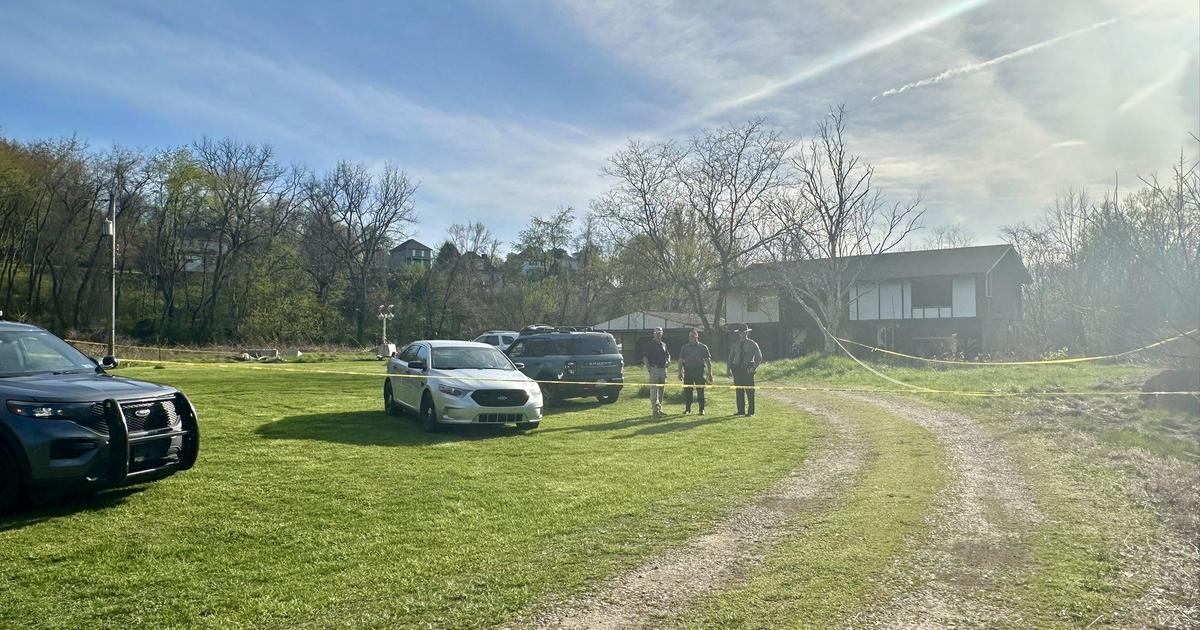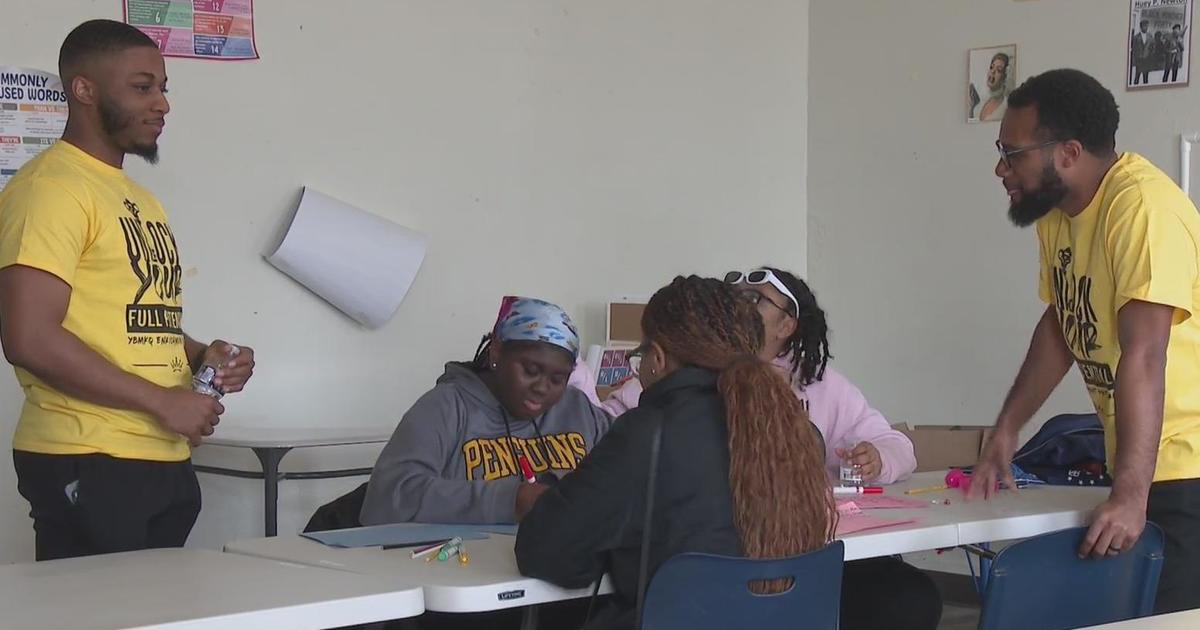Restoration Procedures Working To Preserve Joints, Reduce Knee Pain
PITTSBURGH (KDKA) - Crosina George was walking in her yard and felt a sharp pain in her right knee and actually fell.
"It would always feel like it was going out," she said.
She tried a brace, but when steps became a problem, she knew it was time to do something. After X-rays and MRIs, her doctor had crushing news.
"My cartilage was kind of frayed, and not attached to where it's supposed to be, and I had a piece of bone missing," said Crosina. "We could do nothing and let it get worse, I could get a partial knee replacement, but being only 36 at the time, I didn't want to have multiple knee replacements."
"Years ago, her only option would be a partial knee replacement," said Allegheny Health Network orthopedic surgeon Dr. Gregory Purnell.
Her doctor offered an alternative: joint restoration.
"So, our goal is to restore cartilage, and use different techniques that we have to get cartilage to regrow," Dr. Purnell said.
A number of approaches are used preserve the joints: surgeons can make holes or scratches in certain places in the bones to spur new cartilage growth; they can use the patient's own cartilage to fill in areas of damage; or they can use donor cartilage.
Crosina had the donor cartilage.
"What he needed to do is put another piece of cartilage in and a piece of bone," she said.
Her knee was stable, properly aligned, and had no injured ligaments. This is not an option for someone with arthritis as the cause of their knee pain.
"The best candidate is someone who is young and active and is willing to take the commitment to the recovery," said Dr. Purnell.
The operation is under general anesthesia and involves a long incision, similar to a knee replacement. There is a 6 to 8 week period of non-weightbearing. Full recovery can take up to 12 months. For these reasons, athletes, if they need this procedure, have to think carefully about the timing. Insurance is covering it.
Crosina said the pain and frustration was intense in the beginning.
"It's amazing how much I couldn't do," she said.
After months of rehab, now she feels back to normal with no restrictions.
"It's pretty much 100 percent. It has only been six months, but I can basically do my daily life, and work and go up and down steps fine, and I was just at the beach in the sand and it didn't hurt me, so that worked out, too," she said.
As well as she's doing, this may not be the end for her, though.
"I'm glad I went with this," Crosina said. "I mean, he did say I'll probably need a knee replacement in the future. But hopefully that's when I'm like 60 or 65 and a lot older."
Join The Conversation On The KDKA Facebook Page
Stay Up To Date, Follow KDKA On Twitter



